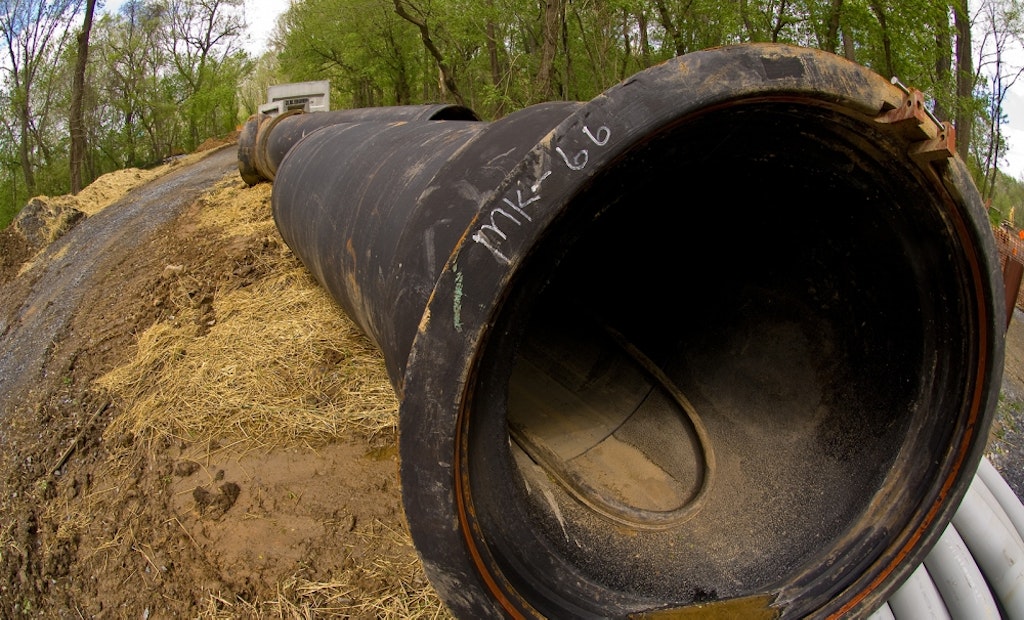Interested in Infrastructure?
Get Infrastructure articles, news and videos right in your inbox! Sign up now.
Infrastructure + Get AlertsBig Stone Gap, Virginia, is about as far as you can go in EPA’s mid-Atlantic Region. But it was worth every mile of travel to help communities in Appalachia find ways to pay for badly needed water and wastewater infrastructure. The EPA Water Finance Forum was all it was intended to be — and so much more.
The forum held in mid-June was designed as a peer-to-peer type of transfer with panels of local presenters sharing information about funding opportunities, innovative solutions and success stories.
I was anxious to meet the many people I had spoken to and corresponded with over the prior four months while planning for the forum.
Upon arriving, I was pleasantly greeted by mountains which seemed to rise up at my feet; the beauty of the area is undeniable. Some from the EPA regional office asked, “Why Appalachia?” The answer was simple. Appalachia is a big part of EPA’s mid-Atlantic Region, including Pennsylvania, Virginia, Maryland and all of West Virginia. And it’s an area where the water and wastewater infrastructure needs are great and the challenges complex (rural area, with low population density, mountainous terrain, difficult geology, and limited water and economic resources).
Although progress has been made, there are still homes and families in Appalachia that do not have public water and reliable sewage treatment. Yes, in the year 2016, there are citizens living in the United States of America where raw sewage runs directly into streams. I can hardly imagine a life without readily available water from the tap and indoor plumbing to flush away waste.
A presenter at the forum complimented the challenges by describing the “mountain ethic” as “see a problem, come together and find a solution,” which put into words what I sensed. Highlights about the value of water and stories about its impact on the quality of life recalled for me why I dedicated my career to water protection. I’m excited about the Water Finance Forum marking the beginning of a longer relationship and commitment to help people and communities, who often feel forgotten, not only acquire, but sustain reliable water and wastewater services.
In the coming weeks and months, we will have an opportunity to strengthen the connections we made through the Water Finance Forum. As one presenter put it, “the work takes commitment, dedication, and a willingness to work hard.”
Since these are the very same qualities demonstrated by the people who proudly call Appalachia home, I’m confident that our investments in the Appalachian Region will succeed.
About the Author
Lori Reynolds is the infrastructure and assistance associate director for Region 3.






